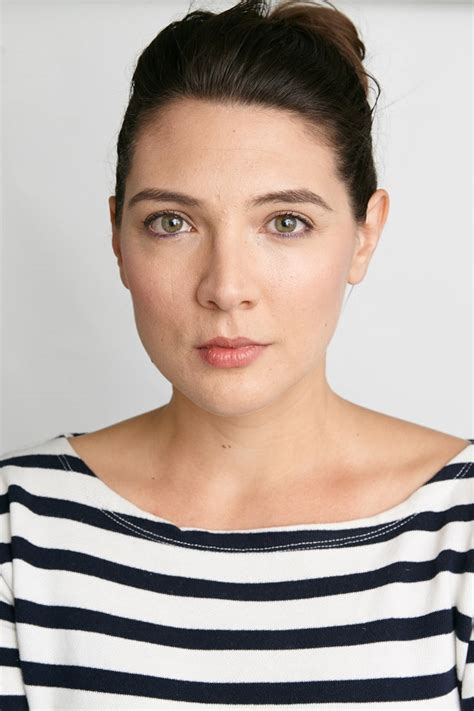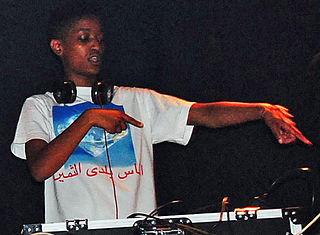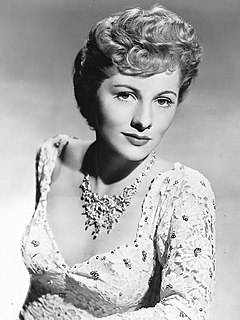A Quote by Taylor Jenkins Reid
As an author, I had spent years writing my stories on my own in a quiet room. My ideas traveled from my brain to my fingers, executed exactly as I saw fit, never veering from my own intent. TV simply doesn't work that way.
Related Quotes
Writing is finally about one thing: going into a room alone and doing it. Putting words on paper that have never been there in quite that way before. And although you are physically by yourself, the haunting Demon never leaves you, that Demon being the knowledge of your own terrible limitations, your hopeless inadequacy, the impossibility of ever getting it right. No matter how diamond-bright your ideas are dancing in your brain, on paper they are earthbound.
I spent many years writing and directing in radio drama, so I am comfortable with an audience or a microphone, but I do worry about the blurring of an author's public persona with the work itself. A good 'performer' can make a mediocre book sound strong, and a shy author can leave listeners missing the excellence of his or her writing.
Geoffrey's personal style was very different from mine. He has a lovely speaking voice, a quiet speaking voice. But at Cabinet we always reported on foreign affairs - we always had this quiet voice. It was so quiet sometimes I had to say 'speak up'. And he gave it in a way which wasn't exactly scintillating. And you know, foreign affairs are interesting. They affect everything that happened to our own way of life, and they are exciting. And so we just diverged.
On the outside, Oscar simply looked tired, no taller, no fatter, only the skin under his eyes, pouched from years of quiet desperation, had changed. Inside, he was in a world of hurt. He saw black flashes before his eyes. He saw himself falling through the air. He knew what he was turning into. He was turning into the worst kind of human on the planet: an old bitter dork. Saw himself at the Game Room, picking through the miniatures for the rest of his life. He didn't want this future but he couldn't see how it could be avoided, couldn't figure his way out of it. Fukú.
To be honest, I've always had far too much freedom. I had a job when I was 10. I started living on my own when I was 17 or 18. I've earned my own money; I've traveled the world. What would I rebel against? I've had so much freedom, sometimes it was hard. My parents wanted to protect me, but they had no idea how to. I had to learn as I went and make my own mistakes. I went from being totally unknown and never acting professionally to being in a major movie and being very famous. It all happened so quickly, I didn't have any time to work things out. It's been pretty scary at times.






































